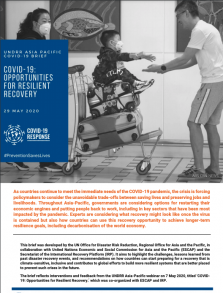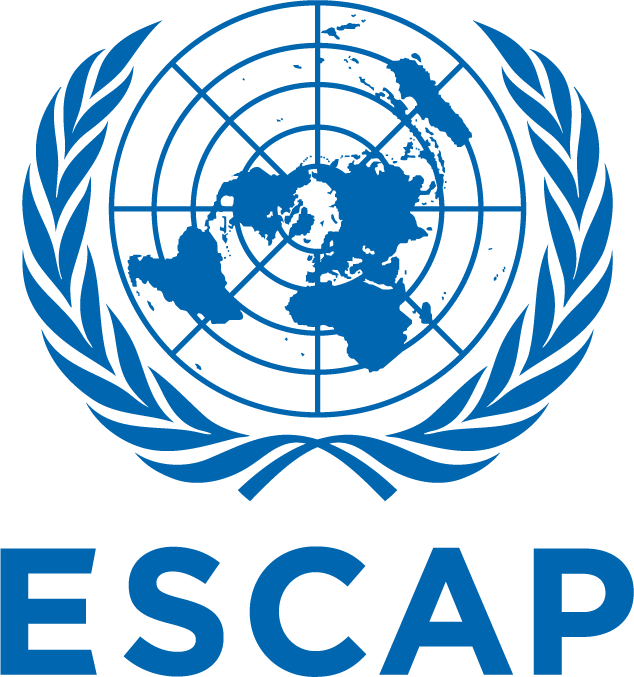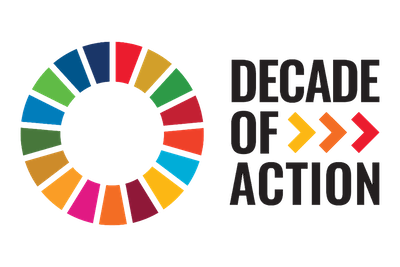
As countries continue to meet the immediate needs of the COVID-19 pandemic, the crisis is forcing policymakers to consider the unavoidable trade-offs between saving lives and preserving jobs and livelihoods. Throughout Asia-Pacific, governments are considering options for restarting their economic engines and putting people back to work, including in key sectors that have been most impacted by the pandemic. Experts are considering what recovery might look like once the virus is contained but also how countries can use this recovery opportunity to achieve longer-term resilience goals, including decarbonisation of the world economy. Jointly prepared by UNESCAP, UNDRR and the International Recovery Platform under the Issue Based Coalition on Resilience, the policy brief highlights the lessons learned from past disaster recovery events, and considers how countries can start preparing for a recovery that is climate-sensitive, inclusive and contributes to global efforts to build more resilient systems that are better placed to prevent such crises in the future.


